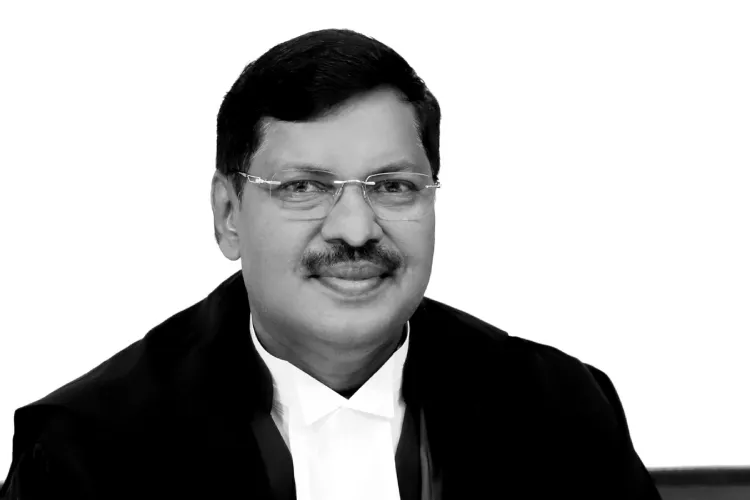
New Delhi
At the Bar Council of India (BCI) felicitation event, Chief Justice of India (CJI) Justice B R Gavai delivered a compelling address, emphasising the crucial role of judges in understanding and responding to societal realities.
The Bar Council of India (BCI) held a felicitation function on Saturday in the national capital to honour the 52nd CJI following his recent appointment.
Justice Gavai firmly stated that today's judiciary cannot afford to view legal matters in strict black-and-white terms while ignoring the complexities of human experiences.
CJI Gavai recalled his initial hesitation in accepting the judgeship as his father had told him that continuing as a lawyer would bring financial prosperity, but also underscored that serving as a judge in a constitutional court would allow him to carry forward Dr B R Ambedkar's vision of social and economic justice.
Choosing to abide by his father's advice, Justice Gavai reflected with satisfaction on his 22-year tenure as a High Court judge and six years as a Supreme Court judge, asserting that he had always strived to give his best to the judicial system.
The CJI stressed that isolation is not an effective approach for those in the judiciary, dismissing the notion that Supreme Court judges should refrain from engaging with people.
He has consistently championed inclusivity in judicial appointments, advocating for the representation of marginalised communities and women.
He recalled a significant conference attended by former CJI D Y Chandrachud and various High Court Chief Justices, where Chandrachud urged them to actively consider candidates from underrepresented sections of society for judicial roles.
Acknowledging the challenges in identifying women candidates for certain positions, Justice Gavai encouraged Chief Justices to consider highly skilled female advocates from the Supreme Court pool. He expressed optimism about the success of these efforts, assuring that the positive impact of these inclusivity measures would be visible soon.
Justice Gavai also highlighted the pressing issue of judicial vacancies, noting that these gaps contribute significantly to case pendency. He reaffirmed the Collegium's commitment to reducing vacancies and urged the executive to adopt a cooperative approach in expediting appointments. His vision for a more responsive and effective judiciary centred on collaboration between different branches of governance.
READ MORE: India achieved a massive victory in Operation Sindoor: US Expert John Spencer
He concluded his speech by sharing a milestone --the first appointment he cleared as CJI was of a judge from an extremely marginalised community in Karnataka. This decision, he emphasised, reflects his commitment to social justice and the belief that a judiciary must reflect the diversity of the society it serves.
